-
Devil’s bargain: Remembering MW 18014, 80 years later

Wernher Von Braun explains the Saturn system to President John F. Kennedy at Cape Canaveral in 1963. Credit: NASA. History’s pages are sprinkled with a litany of ironies, few sourer than a fearsome weapon of war that became a vehicle for peace, evolving from a tool to end human lives in their thousands to one…
-
Jeff Bezos, Elon Musk space feud reignites with Blue Origin request
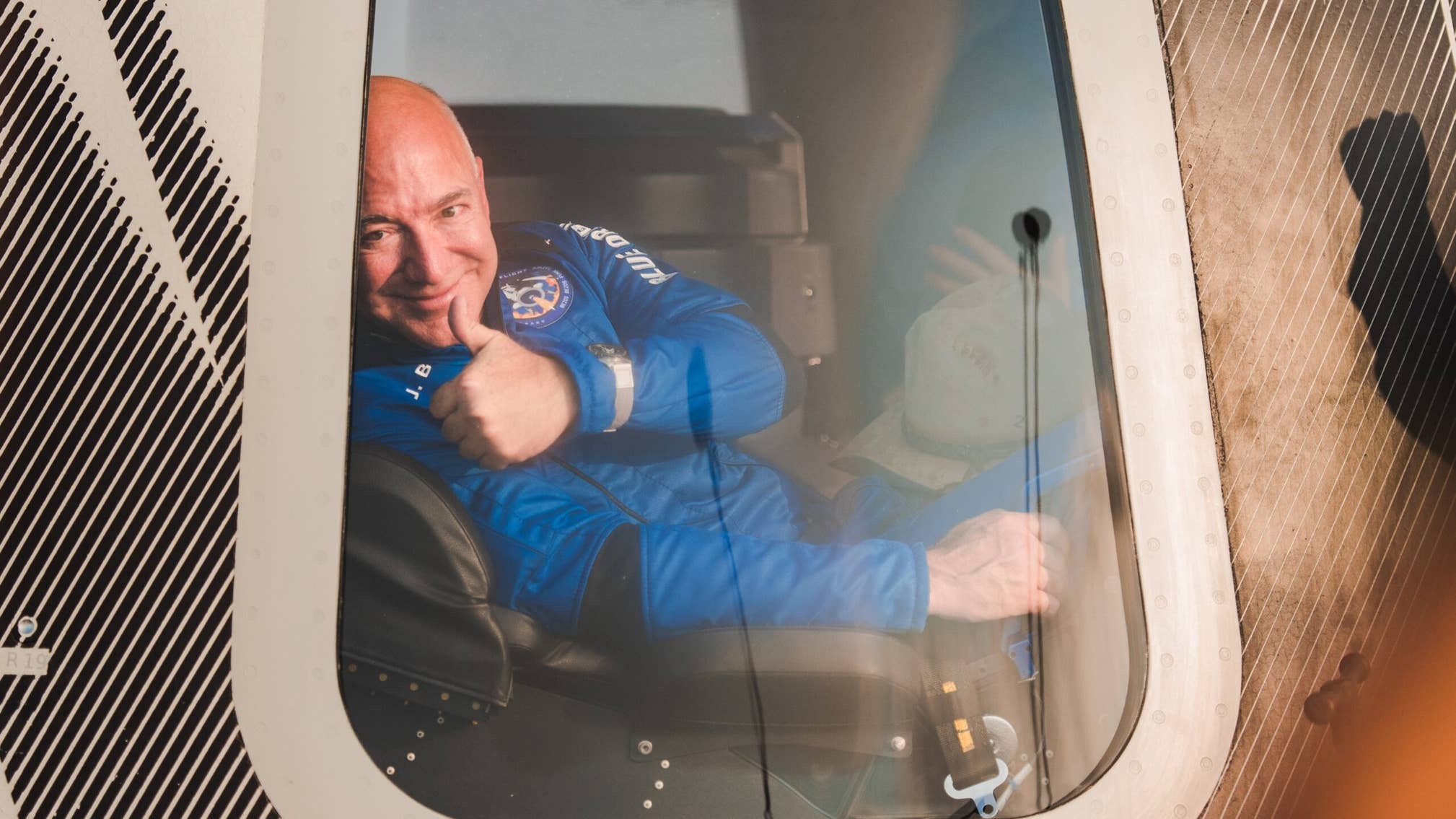
Blue Origin CEO Jeff Bezos (pictured) and SpaceX CEO Elon Musk are competing for dominance of the commercial spaceflight industry. Credit: Blue Origin. The billionaire space race between Jeff Bezos’ Blue Origin and Elon Musk’s SpaceX has taken a dramatic turn. Last week, Blue Origin filed a public comment to the FAA requesting that the regulator limit the number…
-
A Dead Russian Satellite Broke Into More Than 100 Pieces in Space
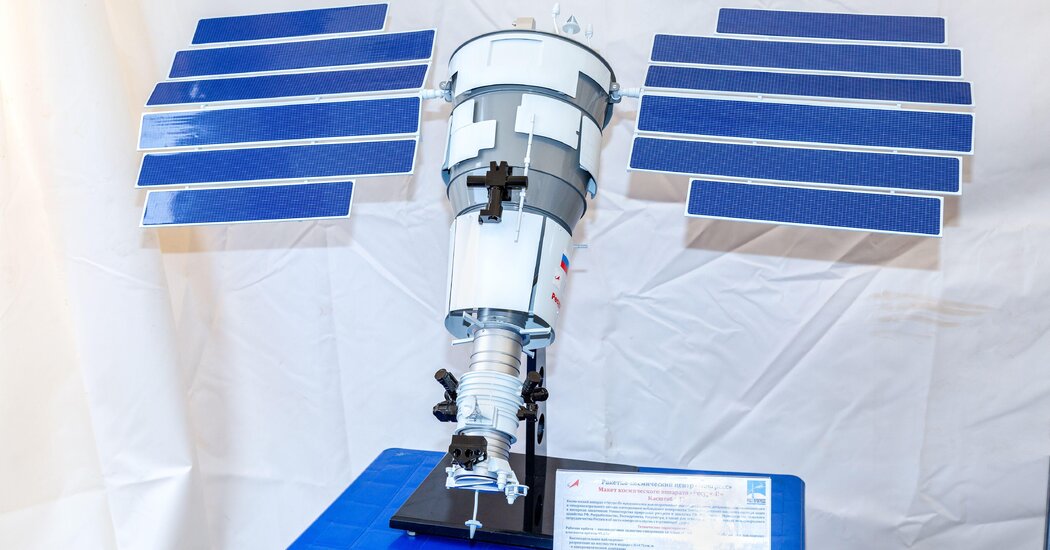
The cause of the incident, which added to a growing amount of dangerous space junk in low Earth orbit, remains unknown. A decommissioned Russian satellite fractured in space on Wednesday, creating a cloud of debris in low Earth orbit that prompted astronauts aboard the International Space Station to take protective measures. The satellite, which was…
-
JWST captures ultra-detailed image of aligned jets in the Serpens Nebula
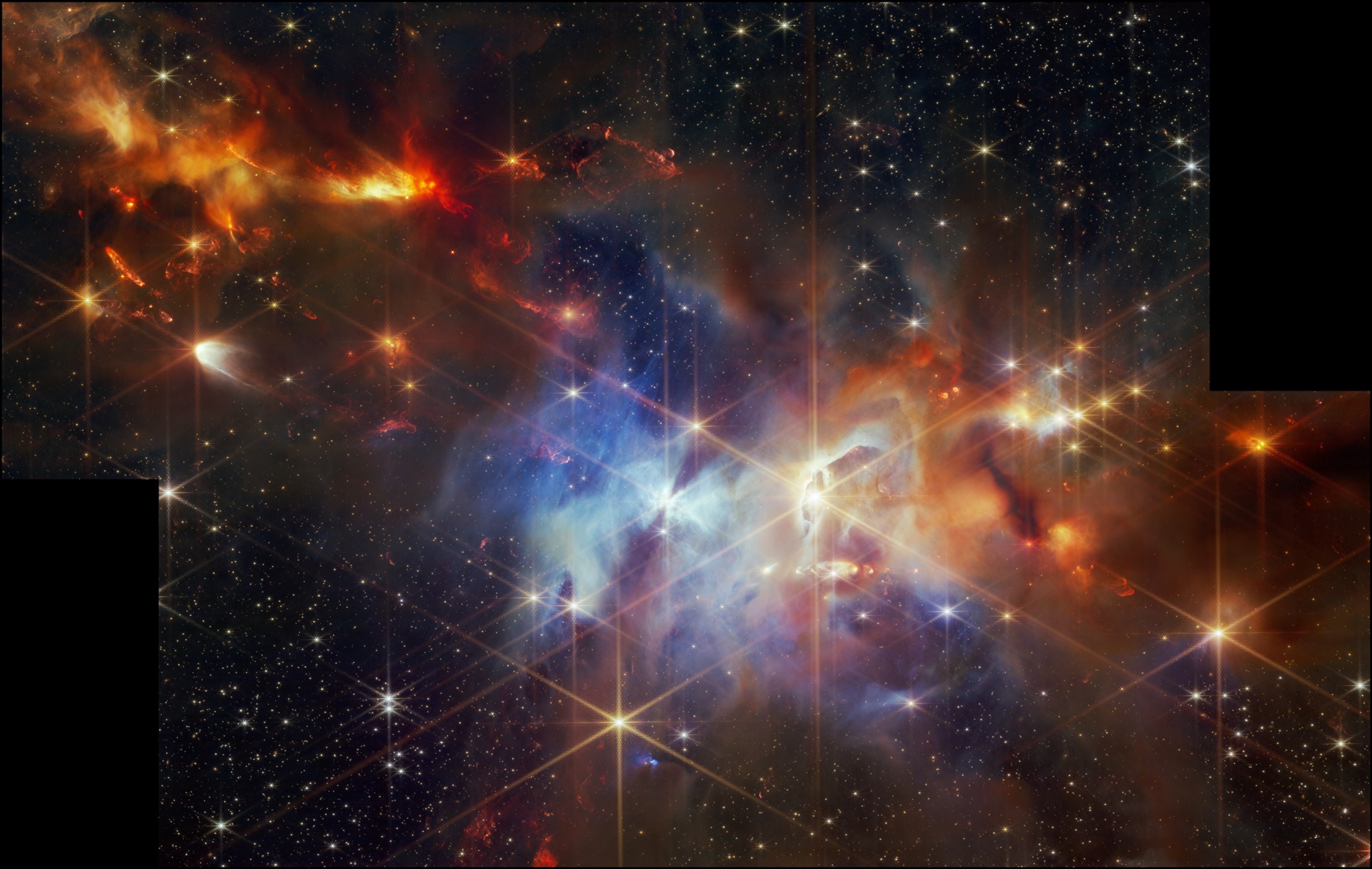
A group of aligned protostar outflows, visible at top left, were found by JWST in the Serpens Nebula. Credit: NASA, ESA, CSA, K. Pontoppidan (NASA’s Jet Propulsion Laboratory) and J. Green (Space Telescope Science Institute) Within the Serpens Nebula, found 1,300 light-years from Earth, the James Webb Space Telescope (JWST) has spotted the jets of…
-
‘Accidental Astronomy:’ A New Book Explores Everything In Space We Found By Accident
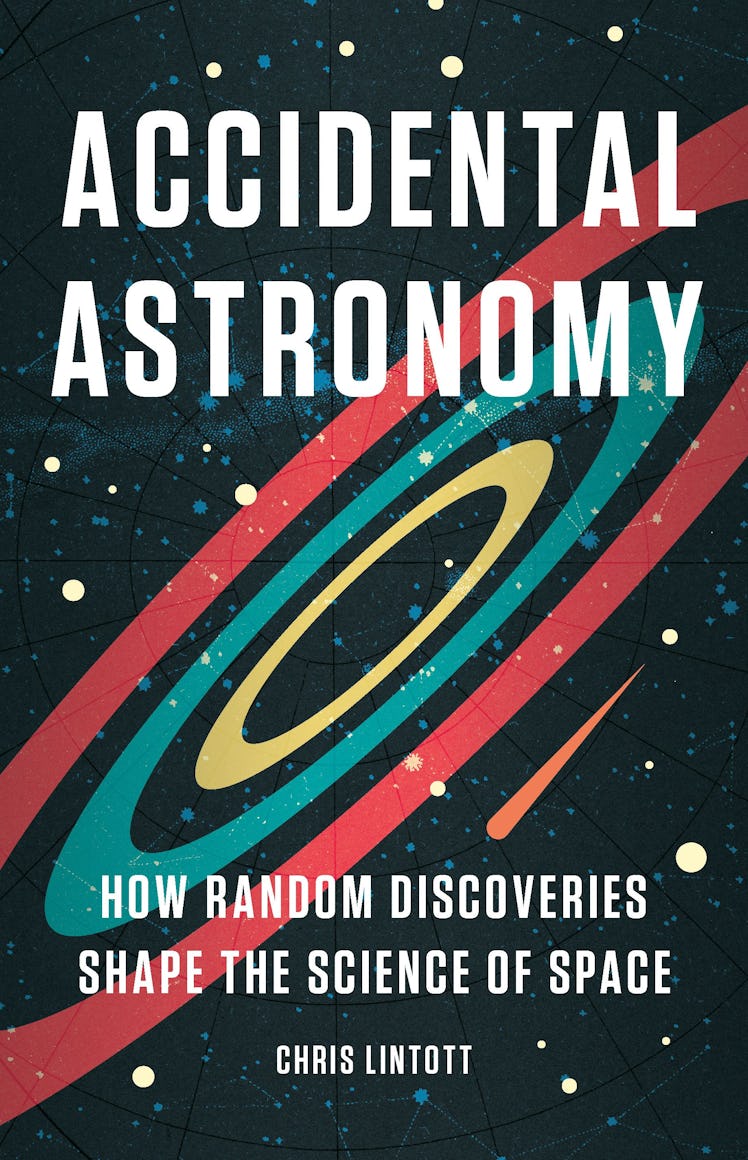
Chris Lintott tries to observe everything from asteroids zipping through the Solar System, to distant galaxies. The way the cosmos reveals its secrets is a story, he thinks, deserves an audience. Luck and scientific stumbles are the cornerstone of astronomy. Stories about lauded geniuses and prize winners are masks, he argues, hiding the more exciting…
-
NASA Is Launching a Dazzling Star Into Space—and It’s 100% Fake
Studying distant stars is difficult without absolute flux calibration points—stars that can help astronomers calibrate their instruments. So, NASA—along with George Mason University and the National Institute of Standards and Technology—is going to place an artificial star into geostationary orbit to help improve astronomical observations around the world. Known as the Landolt Space Mission, this…
-
How the Vera C. Rubin Observatory will survey space and time
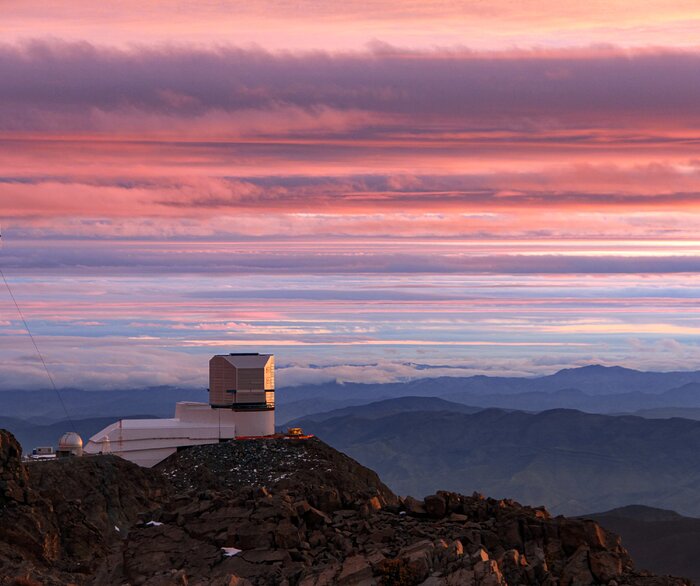
The Vera C. Rubin Observatory at sunrise. Credit: Vera C. Rubin Observatory/NOIRLab/AURA/NSF/J. Fuentes When the Vera C. Rubin Observatory comes online, perhaps at full bore in 2025, this powerful and unique survey telescope, at high altitude in Chile, will survey the heavens in a new and unprecedented way. Originally named the Large Synoptic Survey…
-
NASA Plans to Launch Artificial Star into Space
NASA is set to launch an innovative artificial star into space, a mission designed to refine the accuracy of astronomical measurements. This groundbreaking project, named the Landolt mission, involves deploying a mini satellite equipped with lasers that will mimic the light from stars and other celestial objects, offering a new tool for astronomers to calibrate…
-
Piping Up at the Gates of Dawn
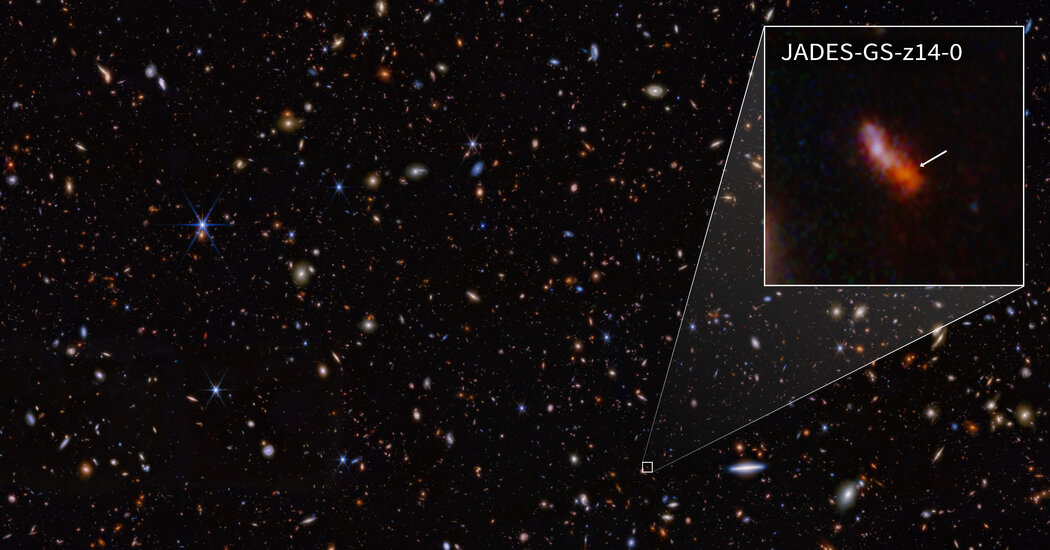
Since the James Webb Space Telescope began operating two years ago, astronomers have been using it to leapfrog one another millions of years into the past, back toward the moment they call cosmic dawn, when the first stars and galaxies were formed. Last month, an international team doing research as the JWST Advanced Deep Extragalactic…
-
Gaia space telescope helps astronomers image hidden objects around bright stars
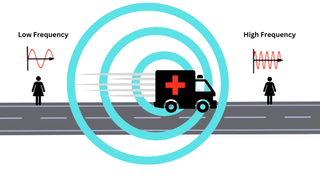
Scientists have directly imaged eight dim objects accompanying very bright stars within the Gaia data catalog, including so-called “failed stars,” otherwise known as brown dwarfs. The stars and their companions were originally identified from millions of stars in the Gaia catalog. They were considered ideal for follow-up investigations with the ground-based GRAVITY instrument, an advanced…
